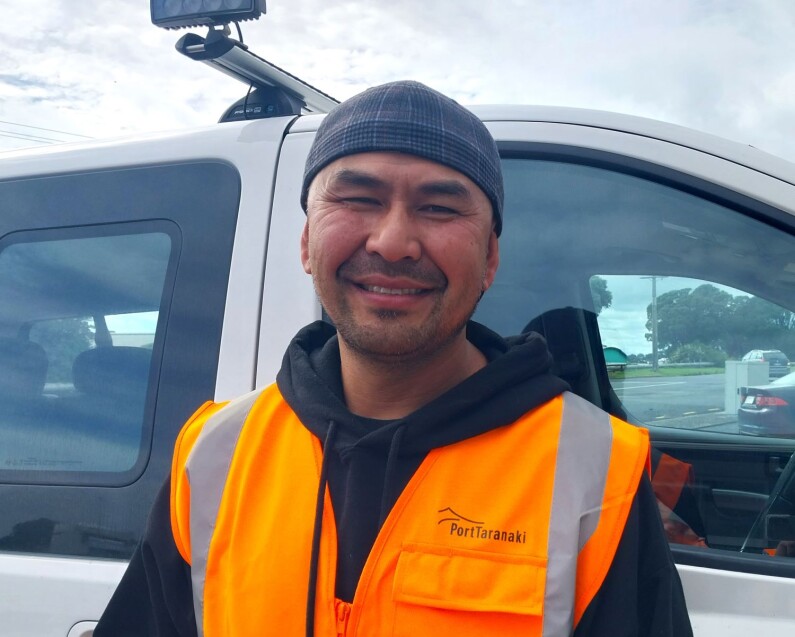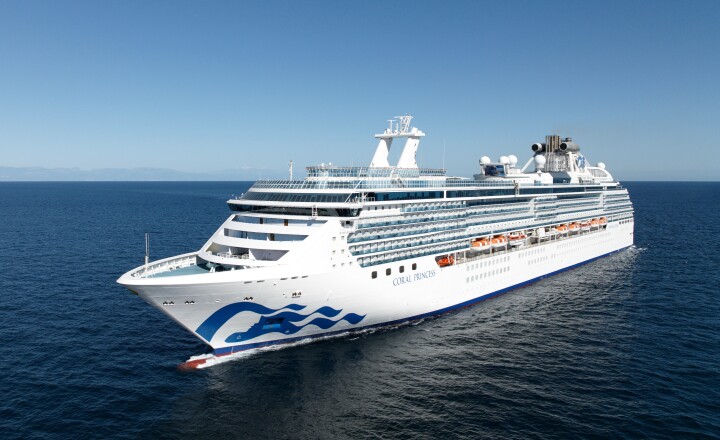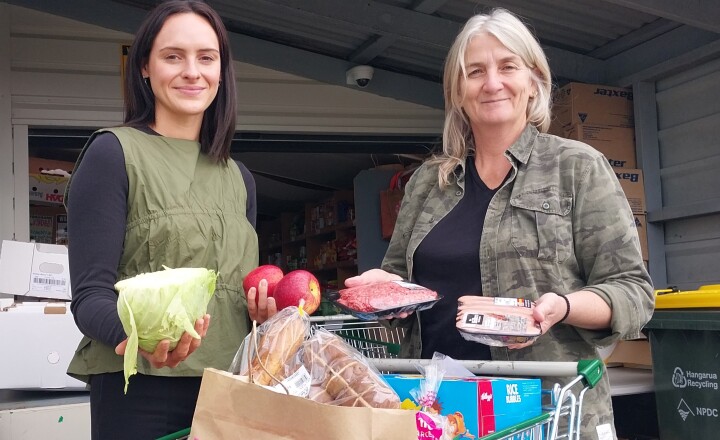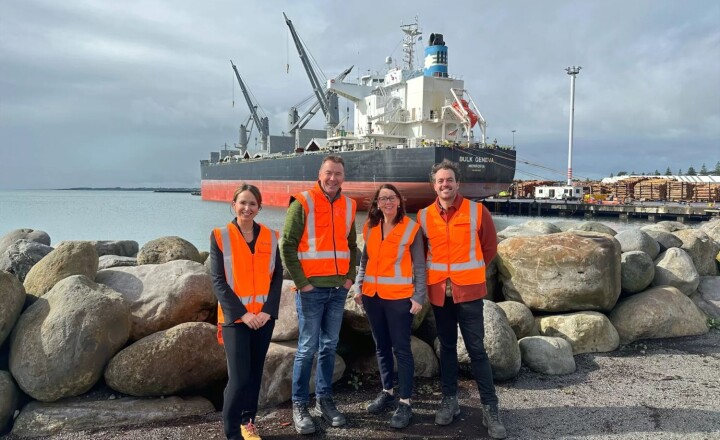
Although just a young child at the time, Sayamung (Mung) Simphalivanh has vivid memories of fleeing communist and civil war-ravaged Laos in the 1980s.
“Mum and Dad didn’t want to stay in Laos under communist rule and wanted to give us kids a better life. It was early in the morning, and my younger sister, my parents and me, along with another family were jammed like sardines into a banana boat to cross the Mekong River, the border between Laos and Thailand.
“Basically, it was a case of if you got caught you were shot – it could have gone either way. Thankfully, we reached Thailand and a refugee camp.”
With grandparents already in Wellington, the Simphalivanh family chose New Zealand for their better life and arrived in Tawa as refugees. Now 43, Sayamung is a Kiwi citizen and has a family of his own – wife Maree, and daughters Skye (15) and Indie (12).
A qualified builder, Sayamung, or ‘Mung’ to his friends and work colleagues, joined Port Taranaki as a carpenter 10 years ago.
He has since taken on the new role of port specialist – a diverse role that utilises the multiple skills of the carpenters, electricians, engineers and mechanics across a variety of jobs and work areas.
What does your role involve?
Anything from maintenance work inside and outside the port, bollard replacement, fender swapouts, and making akmons, to helping wharf services and the security team. I might start my day on bollard replacement, then help with a cleanup on the port, then get an urgent call to operate a Hiab or a forklift. We also provide security support and relief, monitoring the port perimeter, and support wharf services such as with vessel mooring lines.
What do you like about the job?
I love it – it’s varied, so you’re doing something different every day, sometimes four to five jobs. And I love the people I work with, they’re from all different walks of life.
What are the challenges?
Changing from working in one area to another can be challenging, as each requires different skills, and has different responsibilities and procedures – you have to switch quickly into another area’s way of thinking and operating.


